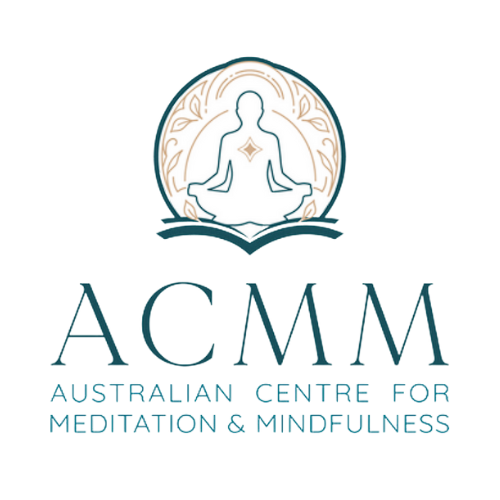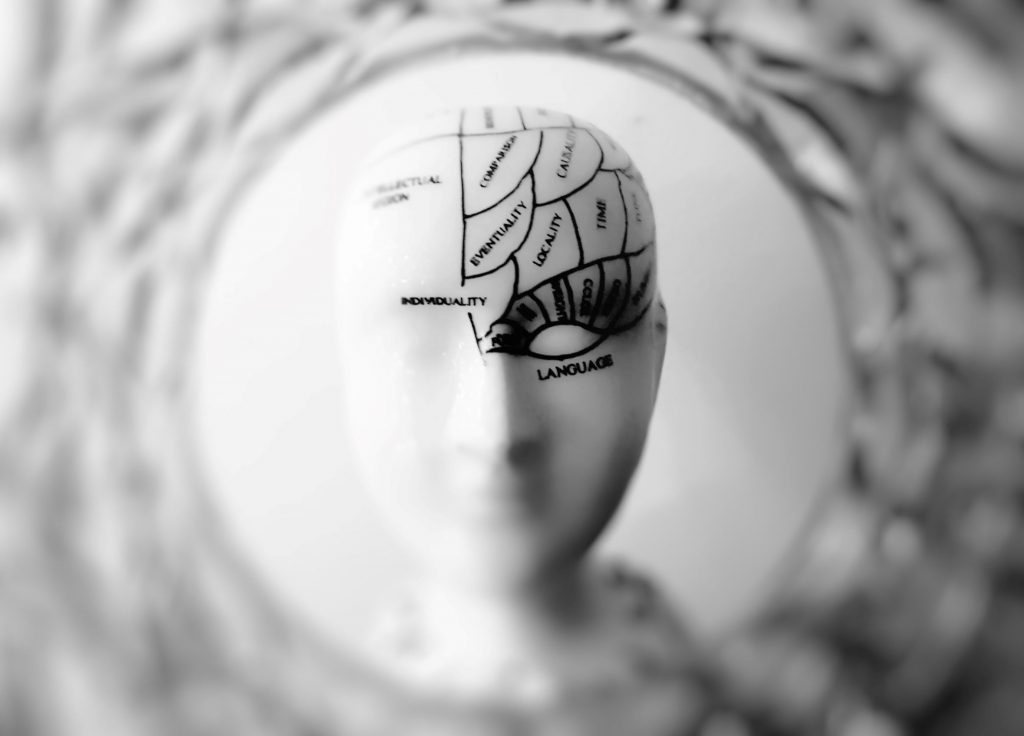5 min read – You may have read about the benefits of journalling. There is so much written about the transformations that can happen when we make journalling a daily habit.
Meet Helen. She is one of our ACMM coaches and a Counsellor.
Helen opens her heart about how Journalling has shaped her life, and how it impacts her students and clients. She shares her tips on how to journal, its benefits and some of the outcomes.
What I love about Journalling
I love Journaling so much because it is so accessible and complements any other practice of self-care. It is an action we can take independently, daily, and in our own home and space to connect and know ourselves better and therefore care for ourselves better.
This is about taking responsibility for ourselves and taking our power back!
Regardless of whether I am working in a group session, with a client, facilitating meditation classes or working with a meditation teaching student – Journaling is always relevant.
I think this is because of what we have in common as human beings. If we are honest, we all have fears, the fear of death, judgment, pain either emotional or physical, and we all desire connection and love.
Journalling can lead us to transform our lives
Be-it a crisis or something that has surfaced that feels confusing or big, Journaling can be the very thing that saves you. I say this because it’s been a consistent soothing and healing ritual for me through times when I had absolutely no control over anything; not even the safety of my son.
With journaling I could have a conversation with myself that I couldn’t have with others around me, not because they were bad or didn’t care, but because they couldn’t relate at that particular time.
As I journaled, I began to slowly clear a pathway. This created space for me to breathe again and meditation became more accessible because thoughts were more manageable and had less volume and intensity. The sense of feeling oppressed by life’s circumstances slowly lifted. I also discovered my anger and expressed it. This was a biggy for me. It helped me to validate my own feelings which gave me permission to be kinder to myself.
I could see more clearly what my options were, even if the only choice I had was to pray or meditate – I still had power and this would always lead somewhere.
Even without a crisis this journey of self-discovery is for me a way to check in and see what’s there, and it’s also a way to visit my deepest self and acknowledge emotions both challenging and joyful, gain clarity and personal strength around thoughts, beliefs and relationships.
The impact journaling has had on me has been incredible. That is why I love being one of the coaches for the Journalling for Clarity short course delivered through the Australian Centre for Meditation and Mindfulness.
How make journalling a daily habit
Journalling for Clarity is a 6 week daily Meditation and Journalling process written by Lisa Forde. It provides you with a range of new journaling techniques that are explained in detail and then offered to you to use for the week. Each week you have a choice of several techniques to use in your journaling session.
This course is a fantastic way to explore our many layers because it guides us to meditate alongside our journaling practice.
It gently and safely encourages a reconnection to memories and experiences, helping us access all of our feelings – Joy, laughter, excitement, anger, fear and shame. In this process, we are given permission to truly express ourselves in a safe environment, with healthy boundaries that allow us to sit with our vulnerability and feel the power in this place.
This wise process allows us to release the energy around any pain and discomfort, clarify, accept and connect the dots, then embrace the lightness. It helps us recognise who we are as whole beings!
Meditation is a necessary part of the program and you can simply begin by setting an intention to meditate each day regardless of your experience with meditation. There are some wonderful guided meditations and some self-guided meditations that you can explore and discuss on your coaching call.
The feedback and coaching call are an important part of the process and you are encouraged to branch out and use various meditation techniques with support, including sitting, laying and moving meditations.
How journalling impacts our lives
When I am coaching a student through this course, I can relate to the discoveries, growth and healing that my students share with me. I love this and it’s such a special responsibility because it shows students that they are not alone. We all have our different stories and experiences, and we all have feelings and emotions.
Journaling is the one thing that I suggest to most of the people I teach, and counsel and I notice that those who take it on fare better.
This also goes for clients within my counselling practice. In particular, with couples counselling. Whilst it doesn’t mean they necessarily stay together or meet their goal, it does mean they become more intimate with themselves as they move through the process.
I am always amazed at:
- The insights that they bring back into the room
- How much less they require from their partner and
- The ease and speed of the decision making process
- How much more compassion they experience for themselves and their partner.
Most people who Journal experience similar benefits because underneath our stories we are mostly the same. What is different is the way we perceive.
A daily journalling habit increases our ability to self-care
I feel blessed to coach the Journalling program including the wonderful techniques that teach people deeper self-care. It is a wonderful opportunity to observe what they experience and to watch the growth that inevitably happens through this process.. I get to witness incredible courage as people:
- visit their deepest self
- open their heart
- allow their grief and
- dare to uncover the blocks and unsupportive beliefs that have come from childhood conditioning
Coaching the journalling program allows me to witness people creating the life they want, but may have denied themselves.
Journalling helps us to gather all aspects of ourselves. This in turn, helps to bring peace, meaning and a sense of belonging to the world we live in. It helps us to know ourselves and see ourselves deeply, light and shade, conscious and unconscious, child and adult self. The whole of us.
How to start journalling
Step #1
To begin with you will need to get clear on where and when you will write in your journal. Will this be part of your morning or evening routine? I keep my journal next to my meditation cushion and find this works for me most of the time. I also find myself taking my journal to bed with me sometimes and it’s nice to have it close by in the mornings when needed.
Step #2
Find a space that works for you. You may be lucky enough to have a room to yourself that you can dedicate to your self care. Or it may be a corner of your bedroom or another room or outside on a balcony or undercover area. Having a special place can really help!
Step #3
The Journaling program will lead you and support you along the way. You can start by simply writing the words, I feel……. and then continuing to write without agenda or expectation. There is no right or wrong.
Why handwriting a journal works better
We engage the whole brain when Journalling however there are some differences to note between the right and left brain which can motivate us to hand write rather than type.
The right brain is associated with playfulness, curiosity, synergy/communication, metaphoric thinking/abstract thinking, flexibility, experimentation, solution finding, is capable of visualising and artistry. All these lead to and enable creative thinking. We can access our right brain more easily when handwriting.
For example, you might have an intuitive idea that comes into your mind during journalling. The idea is to go with that. With the different journalling and meditation techniques you can experiment with, you can create the right combination to potentially lead to a sense of inner resolution. That’s the right hemisphere part.
Our left brain is important because it can help us to take the next step. To rationalise and propose solution and action to create outer solutions if needed.
The outcomes and benefits of the Journalling for Clarity program
Students have reported many benefits to undertaking this course, along with some advantageous outcomes. Here is some of the feedback we have received;
- Gentle prompting where needed
- Having someone see the best in them
- Learning about how to access their gut feelings
- Learning more about effective decision making
- Noticing that they are less reactive when dealing with problems.
- The self empowerment that comes with greater clarity
- Turning so called “negative emotions” into strengths and enjoying the results – physical lightness and wellness
- The softening of resistance to feelings; opening up more
- Seeing patterns of thinking and behaviour more clearly
- Greater self awareness
- Creating opportunities for change (from the inside out)
- The helpful suggestions and reflections from the coaching process
- Feeling more energized and empowered
One student remarked “A wonderful door has opened for me”.
Another said,
“I can’t be in the world when I can’t be in myself”
What is included in this program?
The techniques covered in the Journalling for Clarity Program show you:
- The validation of feelings through self-expression
- How to manage feelings, especially the unwanted ones
- Ways to increase self-compassion
- How to access deeper wisdom
- Processes for self-healing and deep self-care
- How to open to joy, the rewards of self-discovery and your essential self
The program includes:
- An in-depth manual with full instructions
- Written feedback from your coach
- A one to one coaching call
If this program interests you, then the journalling coaches; Leanne and I would love to support you through this insightful and rewarding journey.
You don’t need to be a Certificate student to do this program, however it does count as credits towards the Certificate course.
I hope you enjoy it as much as I do.
With love,
Helen x
Related articles:









